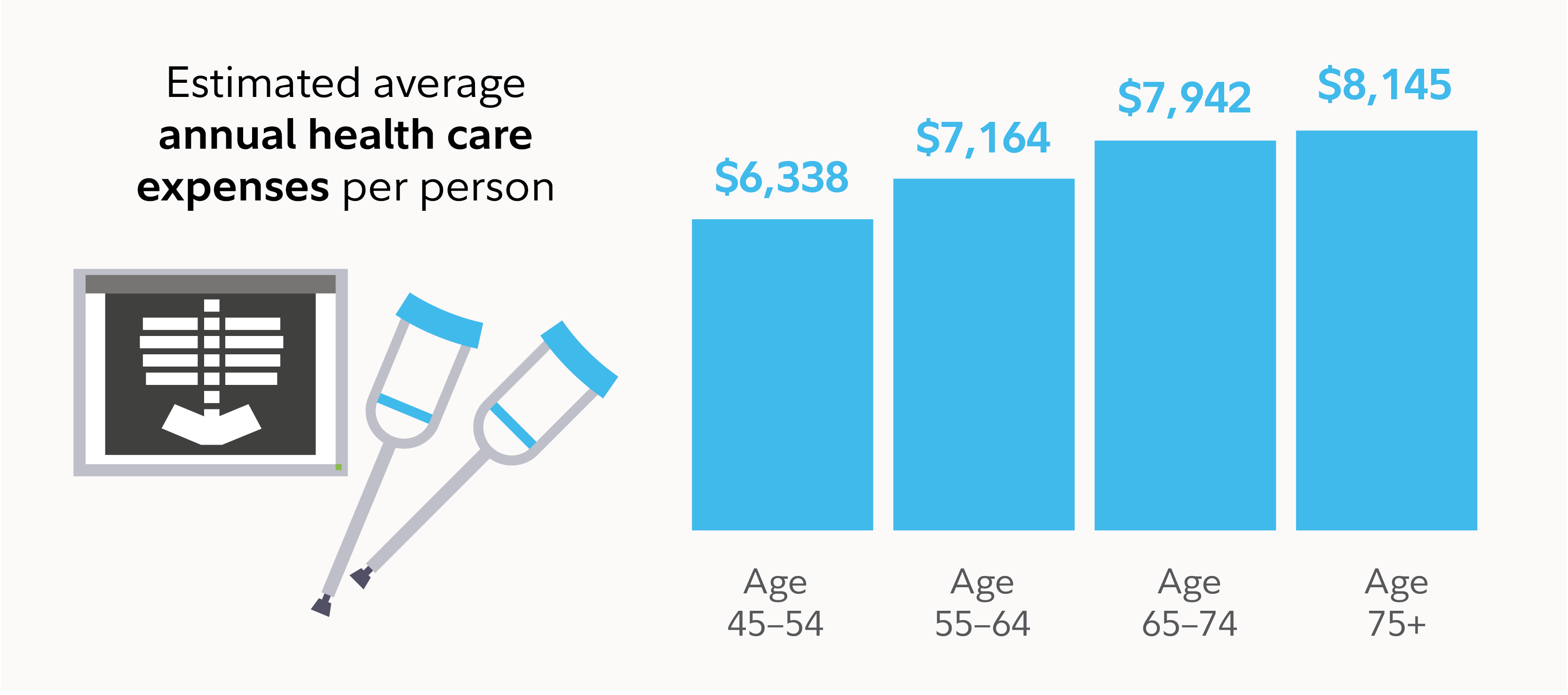4 options for a 401(k) from a former employer
- Keep your money where it is (if allowed) – Continues tax-deferred growth potential, but you can no longer contribute to the plan.
- Roll over your 401(k) to an IRA – Consolidates 401(k)s into one account, such as a rollover IRA, while continuing tax-deferred growth potential.
- Roll over to your own small business retirement plan (if allowed) – Consolidates 401(k)s into a new workplace retirement account, like a SEP IRA or self-employed 401k, much like you would do if you were switching jobs to another employer while continuing tax-deferred growth potential.
- Cash out – Subjects cash to state and federal taxes and, before age 59½, a 10% withdrawal penalty may apply.
Continuing to save with a SEP IRA or self-employed 401(k)
Don’t forget your health savings account (HSA)



